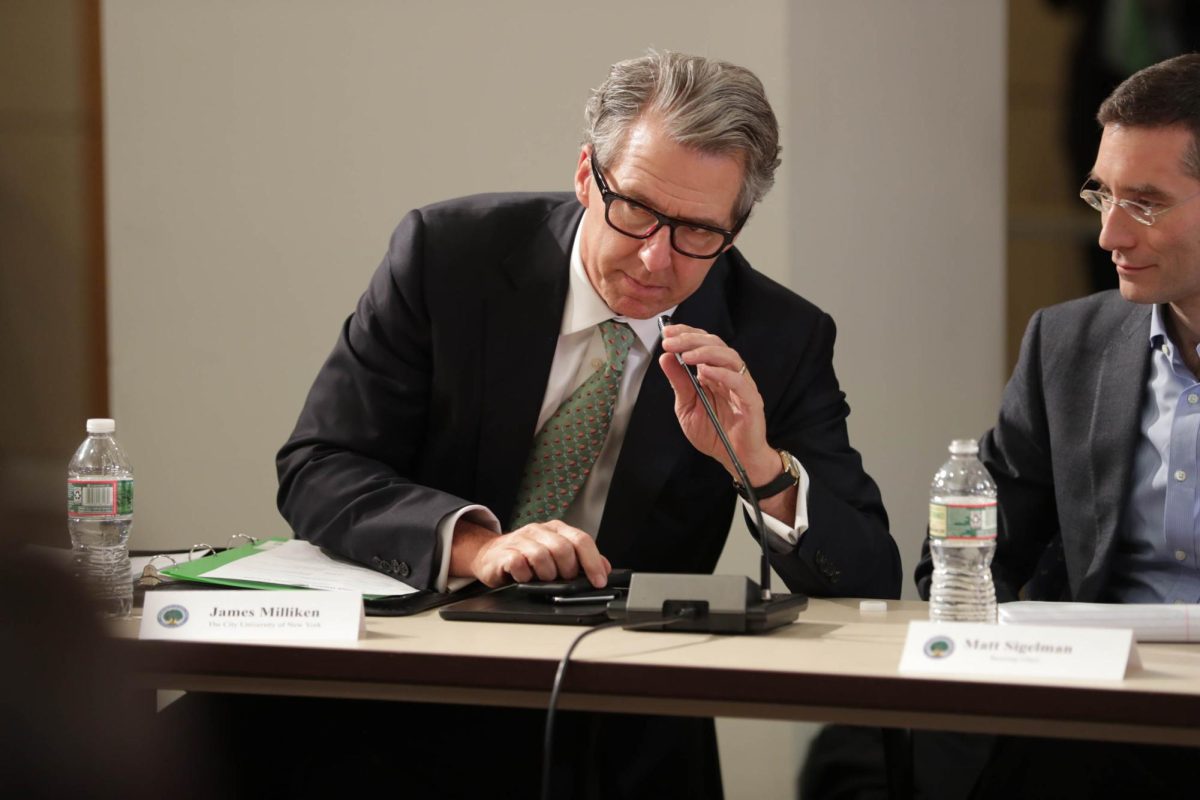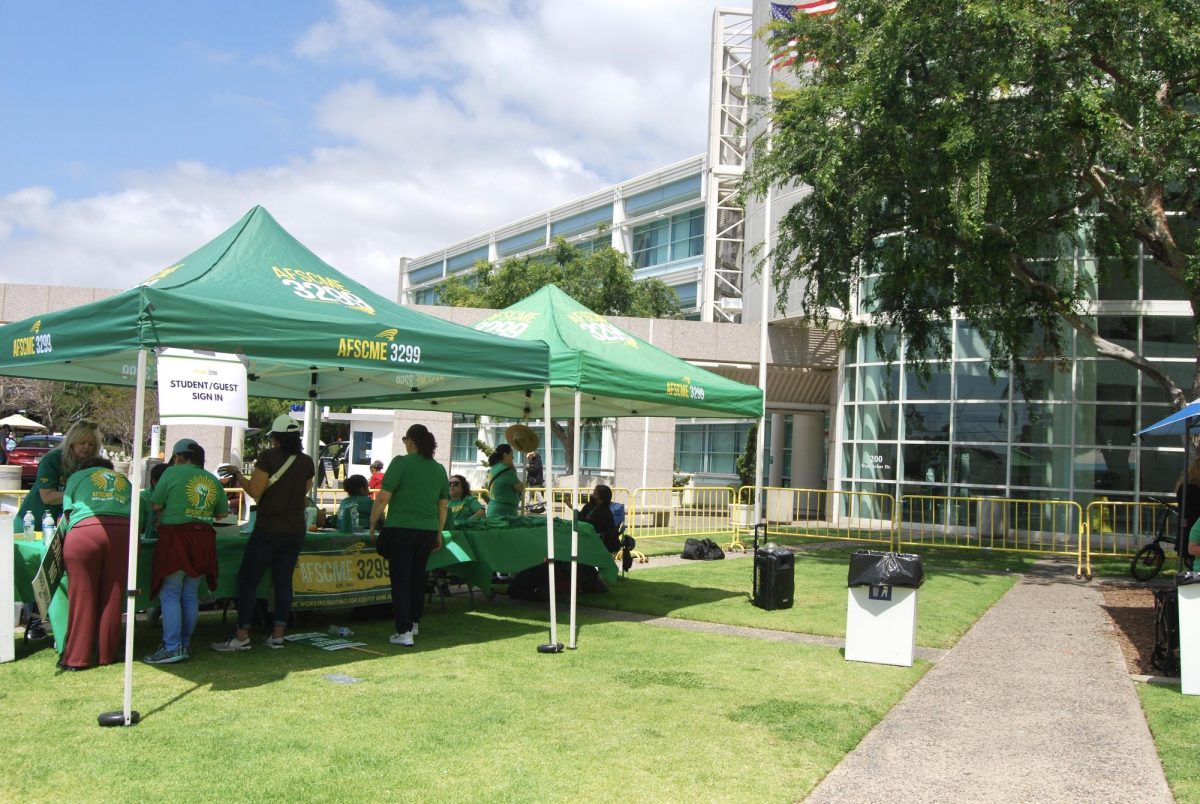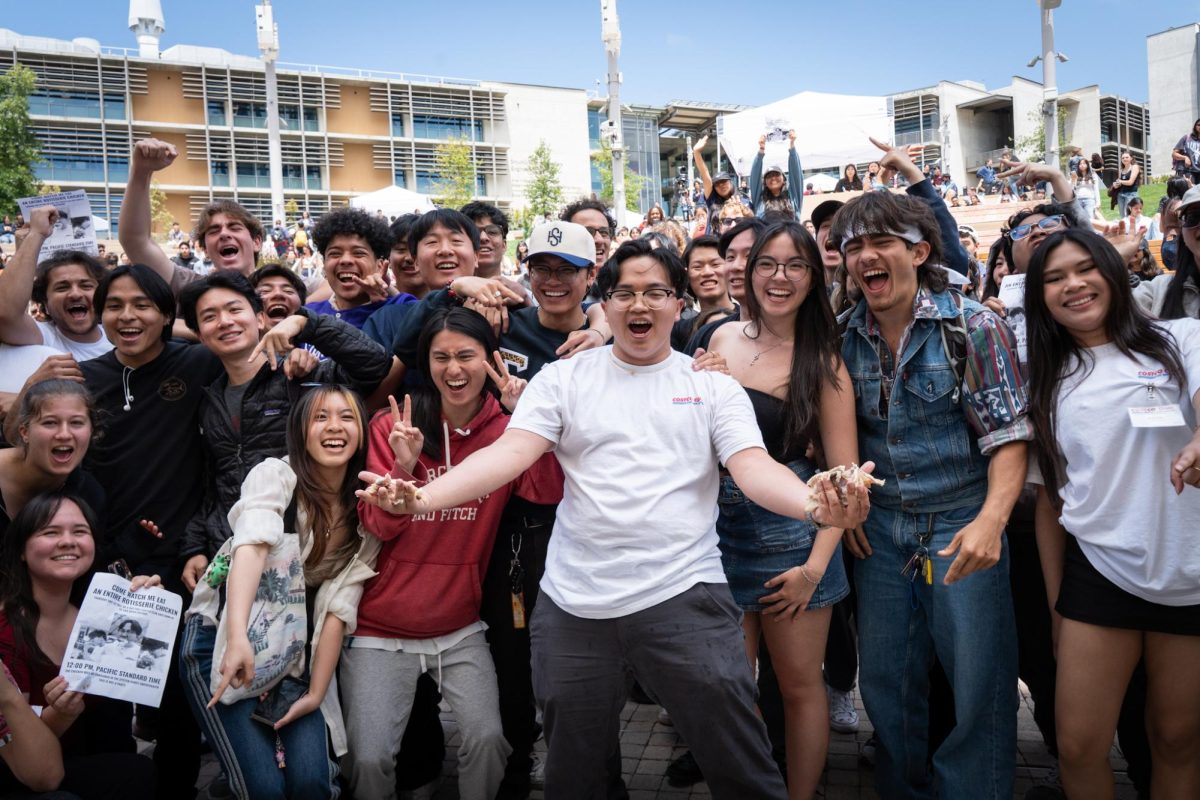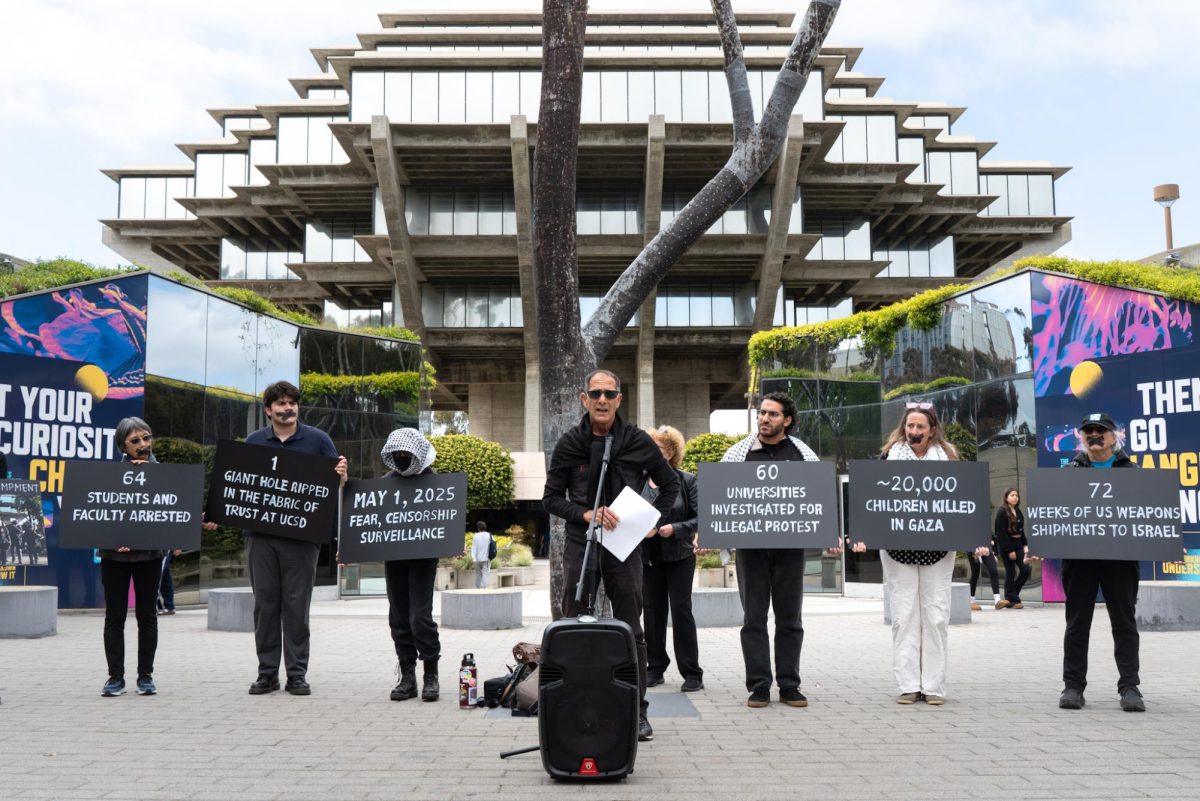Last week, when nobody was looking, UCSD officials put an end to a three-year free speech saga that spawned websites, walkouts and student protests.
On Sept. 30, the administration finally put into place the university’s new free speech policy, which initially sparked outcry for its “draconian” measures when first introduced during finals week of Spring 2007.
Speech policy changes have been met with controversy in the past, like in Spring 2007, when a committee chaired by sports facilities manager Don Chadwick was released during finals week.
Students and faculty, feeling that they did not have enough time to review and comment on the policy, staged a series of protests and met with then-Vice Chancellor of Student Life Joseph Watson to discuss their concerns.
After the American Civil Liberties Union wrote an eight-page letter outlining how the policy violated the First Amendment, the administration created a new free speech committee that included more students.
According to Brainerd, the most important change is the rule allowing for student involvement.
The policy states that students from the A.S. Council and Graduate Student Association will have an active role when reassessing the speech policy, if future need arises.
A draft was finalized on Oct. 1, 2009 with comments continuing until Dec. 1.
The draft was finalized during May 2010, but since it was the end of the quarter, officials decided to put the policies into effect on Monday, Oct. 4.
The new policy stresses that free expression on campus is allowed on all grounds at all times, but the rules for amplified sounds — such as speakers or bullhorns — have been clarified.
Students can use amplified sound without prior reservation from the school in select places, including Student Center Plaza, Revelle’s Grassy Knoll and the Muir College Quad. The times available are typically 11:30 a.m. to 2 p.m. Monday through Friday, and from 4 p.m. to 10 p.m. Saturday and Sunday.
“The previous policy had not been revised for nearly 20 years and gave the impression [that] speech activity was restricted to certain ‘zones’ on campus,” PPM 510 Committee Chair Sally Brainerd said. “This policy clarifies that, in general, all UC San Diego grounds are available for expressive activities.”
Brainerd said the policy changes were already decided before last year and thus have nothing to do with the racial incidents and funding freezes that occurred last Spring Quarter
One new rule also notifies people who are exercising free speech rights, but who may be on the edge of violating city or state ordinances, instead of the previous system where such a warning system did not exist.
The police will advise students who are close to violating local and state laws, at which point they will be responsible for their legal actions.
Chalking is now permitted only on grounds exposed to the weather and not in sheltered areas protected by roofs, overhangs and underpasses.
These changes clarify rules as well as eliminate the misconception of free speech zones on campus, according to Brainerd.
The new rules will have no effect on non-affiliates who will still be governed through the UC speech policy, which states that all speech by non-affiliates must be approved by the administration.
According to UC policy, affiliates include students, employees, volunteers, officers, Regents and emeritus of the university.







